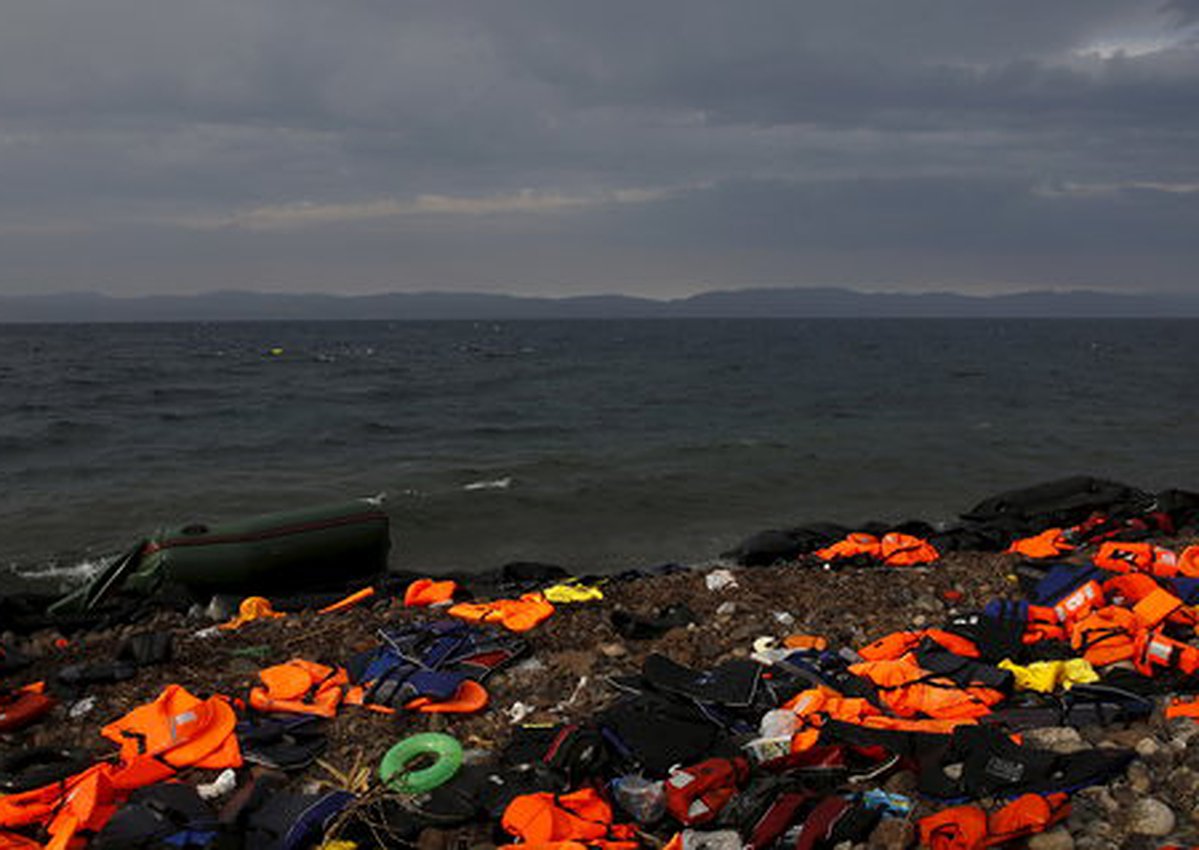In July, we released our groundbreaking study into how journalists were psychologically affected by covering the refugee crisis.
The report – The Emotional Toll on Journalists Covering the Refugee Crisis –found that many of those covering the crisis in Europe were affected by moral injury - a condition where individuals experience events or behaviour that violates one’s moral compass and one that can have a devastating impact on the mental health of individuals if not treated effectively. Nine major European and North American news organisations took part in the survey, which was published by the Reuters Institute for the Study of Journalism. Other key findings included: Local journalists, parents and those working alone with no previous experience covering war are more likely to experience moral injury.
- Moral injury is linked to an increased workload and a perceived lack of support from employers.
- Neither post-traumatic stress disorder (PTSD) nor depression posed a significant risk for journalists covering the refugees.
The report concludes with a set of considerations for the news industry on how to support and educate those at risk of developing moral injury, and shows how its findings could have relevance for journalists covering other stories in non-conflict areas that have a traumatic content. Afghanistan, Mexico top grim tally of journalist's deaths We also released our bi-annual Killing the Messenger report. From January to June of this year, 35 media workers were killed as a result of doing their work, and more than half of them died in countries supposedly at peace. Afghanistan, Mexico and Iraq emerged as the most dangerous countries for the media. In Afghanistan, nine people died in three separate bomb attacks as so-called Islamic State (ISIS) and the Taliban directly targeted the press. Once again Mexico trailed Afghanistan as the second bloodiest country for the media with seven journalists shot dead in just six months. The war in Iraq claimed the lives of six journalists, many of whom were caught in the crossfire. Between January 1 and June 30:
- 33 local journalists and two international journalists were killed
- 19 journalists were shot dead and 10 were blown up
New member joins INSI INSI is delighted to welcome our latest member – German broadcaster WDR. WDR joins a growing network of members including Reuters, the BBC, ABC, CNN, Al Jazeera and many more of the world’s top news outlets. Webinar: Covering the Kenyan elections Our latest members' webinar focused on covering the Kenyan elections. INSI’s board member, Nairobi-based Salim Amin, drew on more than 25 years covering Africa to highlight the dangers for journalists reporting on the August 8th poll. Members heard that:
- Election violence is most likely to occur if there is a run-off, not during the initial vote.
- Nairobi, Kisumu and Mombasa are likely to be flashpoints for violence.
- Increased crime unrelated to the elections is expected including theft of equipment and carjacking as the police will be pre-occupied.
Image by Reuters/Yannis Behrakis





























































